A national meeting of Catholic seminary students and formation staff held recently has focussed on the topic of Safeguarding and Seminary Formation.
On 2 July, almost 200 seminarians, formators and academic staff participated in keynote address and discussion led by Fr Hans Zollner SJ of the Gregorian University in Rome. They represented seminaries and theological faculties in Queensland, Western Australia, New South Wales, Victoria, Papua New Guinea and New Zealand.
Then on 9 July leaders of diocesan and religious order formation programs, together with theology faculty heads from Australian Catholic University, University of Divinity, and University of Notre Dame Australia, reflected on the major opportunities and challenges in training for ordination in the wake of the Royal Commission into Child Sexual Abuse and the introduction of the National Safeguarding Standards.
The seminar, conducted online by video conference, was hosted by Catholic Professional Standards Ltd and Catholic Theological College, in conjunction with the Centre for Child Protection, Gregorian University Rome.
In the keynote address, Professor Zollner spoke of some challenges facing pre-ordination training in the current global context. Zollner, who is Director of the Centre for Child Protection at the Gregorian University, a founding member of the Pontifical Commission for the Protection of Minors, and since 2017 a consultor to the Vatican Congregation for the Clergy, insisted that seminary training can contribute in a real and transformative way in the formation journey of students for the Catholic priesthood.
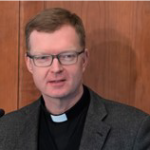
However, in order for that opportunity to be realised, it is essential that seminary programs address the real needs of students and prepare them for work in the real conditions of ministry in the church today. Formation cannot be reduced to saying prayers and completing academic degrees. Fr Zollner pointed to official church statements on seminary education that affirm that human formation in all its aspects – relational, emotional, sexual, psychological – must be the foundation of the spiritual, academic, and pastoral dimensions of formation. Honesty and trust on the part of both students and formation staff are required if real growth in human maturity is to be achieved.
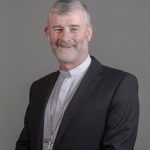
In the second session, a panel of Australian leaders joined Fr Zollner to discuss the key challenges and opportunities facing dioceses and religious congregations training seminarians in today’s context. Bishop Shane Mackinlay of the Sandhurst Diocese, Dr Maeve Heaney VDMF, Director of the Xavier Centre for Theological Formation at Australian Catholic University in Brisbane, and Fr Daniel Strickland MGL, Rector of the Missionaries of God’s Love House of Formation in Melbourne each spoke of key insights they had gained from their experience in seminary formation.
These included awareness of the links between power, authority and leadership in church communities, the need to broaden the ‘community of formation’ to include lay women and men engaged in ministry, normalising the use of mental health and psychological support services in the formation process, and a critical engagement with the digital culture of today’s students. The panel discussion was facilitated by Simon Davies, Director of Professional Standards for the Society of Jesus in Australia.
Reflecting on the contributions made during the two sessions, Master of Catholic Theological College Dr Kevin Lenehan indicated a number of areas by which this national collaboration of seminaries and theology faculties could strengthen the safeguarding capacity of pre-ordination programs. There were reflections on the theologies of church and of priesthood that underpin seminary formation structures, sharing of resources and expertise nationally to support development of both students and formators, engaging the vocation discernment and pre-admission processes of dioceses and religious congregations, and bringing safeguarding and formation perspectives to the current national consultations on the Ratio of Studies for Seminary Formation and the Plenary Council of the Catholic Church in Australia.
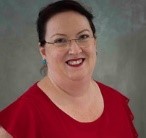
Thanking all participants in the seminar, CEO of Catholic Professional Standards Ltd, Ms Sheree Limbrick noted the significance of this collaboration among diocesan and religious formation programs for promoting a culture a safety for children and those at risk in all church communities and agencies.
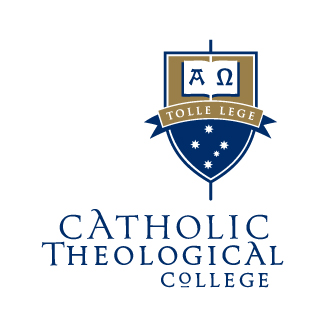
Catholic Theological College is a college of the University of Divinity from the Catholic tradition, based in Melbourne, Victoria.


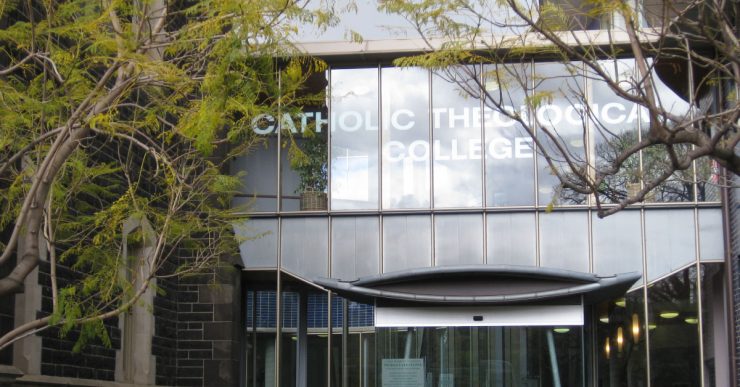



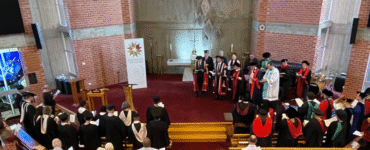
Add comment